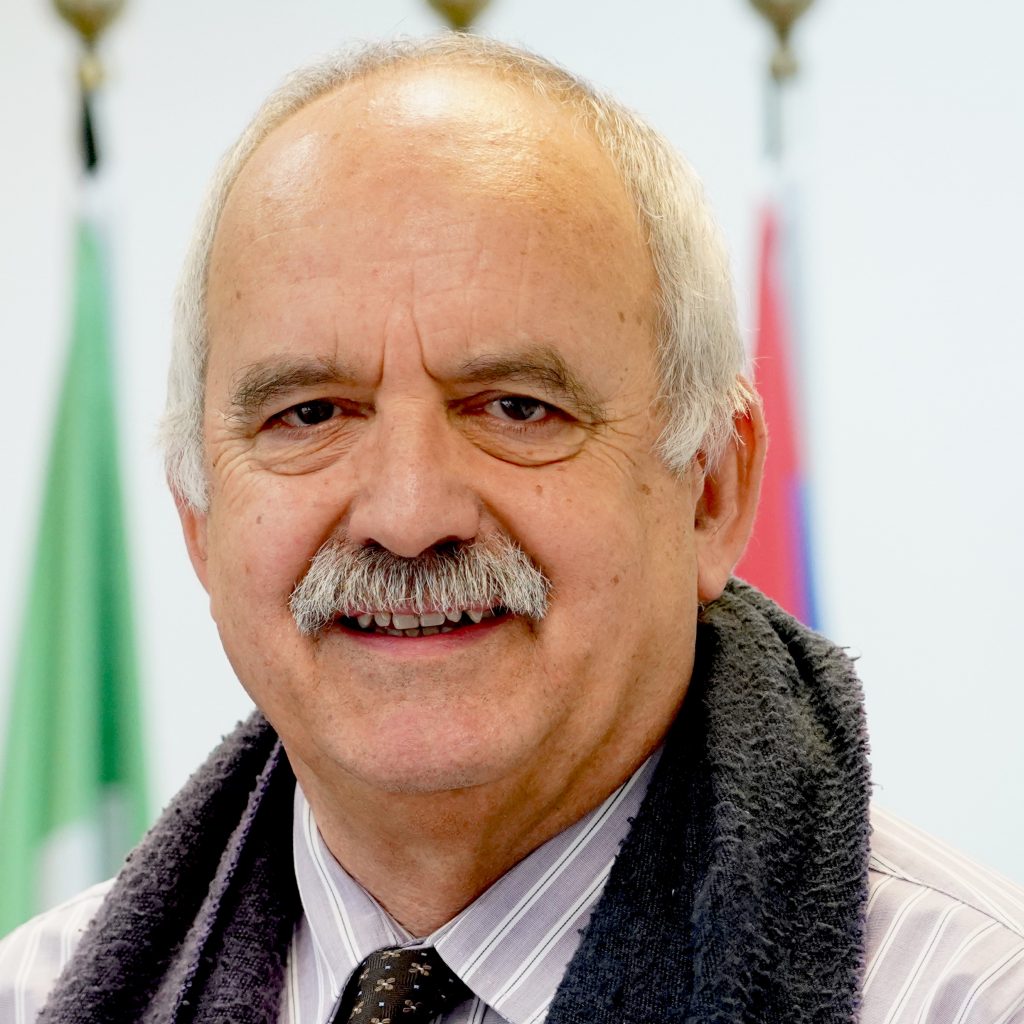
As COP28 reaches its halfway point, Jamie Williams, Islamic Relief’s Senior Policy Advisor for Poverty Reduction, takes a measure of events so far.
It started well. On the first day at the United Nations climate conference, parties agreed a Loss and Damage fund. This is about helping countries that are so damaged by extreme weather events due to climate breakdown that they are unable to recover. Getting a decision at the start of COP28 was a real achievement.
But it came at a cost. It seems that so much political capital was used to capture the headlines, that there has been little left for the other vital issues that are meant to be resolved in United Arab Emirates over these 2 weeks.
One of these is the global stocktake of progress and potential in climate action. First week negotiations have centred around whether the riches that countries have amassed through selling and burning fossil fuels should be on the account, or whether the stocktake should concentrate on what’s to happen in the future. There’s 80 pages to sort out next week to provide something that can be accepted by both high-income countries that want to keep their riches, as well as poorer countries who need that money to catch up.
Slipping backwards
Islamic Relief has been deep into the negotiations on adaptation which have spun the wheels but slipped backwards! A main area of contention is the means for implementing adaptation in developing countries already overburdened by debt. But also, in these meetings countries have been unable to even get as far as considering a framework for what’s needed to achieve the Global Goal on Adaptation (GGA). Islamic Relief authored an article in the influential ECO conference newsletter:
“The issues are complex and perspectives many, but ultimately it is quite simple. We need a GGA framework that is comprehensive and guides countries in meeting the objectives to reduce vulnerability, strengthen resilience, and enhance adaptive capacity. We need clarity on how developing countries will be supported to implement the framework and do their local and national adaptation assessments. That’s it!”
But to no avail. The talks stuck in the mud of whether to deal in generalities or details. It ended up with neither and the decisions must now be made by governments’ ministers next week – and they may not be made even then. This will have serious consequences. The Global Stocktake (GST) is relying on decisions from the GGA to capture progress and prospects on adaptation. The GST is probably the only place where a commitment to phase out fossil fuels can be agreed internationally. And without that push, humanity is stuck on the road to self-inflicted destruction.
Whatever happens next week, we need to review COP and its processes. Is it working, or should we consider alternatives? Time to figure that out when the circus ends next Tuesday.
If you’d like to support Islamic Relief’s work helping the world’s poorest and most vulnerable people to adapt to the climate crisis, please donate.
Image: IISD/ENB/Mike Muzurakis
BROWSE OTHER OPINIONS
FEATURED OPINIONS
- CSW66: Why we need to listen to the unheard voices of women
- Qurbani: Season of giving
- Survival and solidarity, faith and hope: reactions to the dire situation in Gaza
- ‘I lost all my belongings, my land, my home’: Climate-induced migration in Pakistan
- Climate Actions: Mitigate, adapt and address Loss and Damage
MOST POPULAR TOPIC
View More









